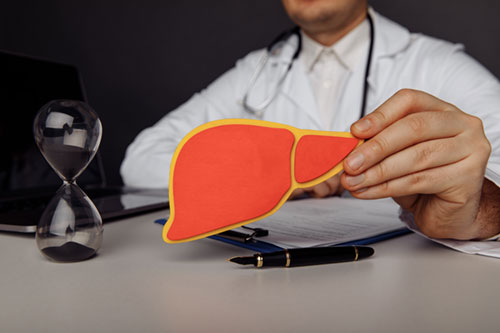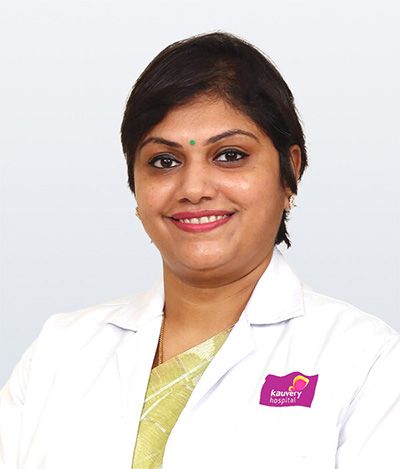
The liver is the second largest organ in the body and the largest solid organ, weighing almost 1.3 kg to 1.8 kg. It is located in the upper right part of the abdomen. It performs over 500 functions, some of the most important being digestion, detoxification, metabolism (especially glucose), and production of immunoglobulins, proteins, coagulation factors and certain hormones.
It has certain unique qualities: the ability to regenerate itself after a damage/insult and a dual blood supply (hepatic artery and portal vein).
Some of the causes of liver damage can be:
- Metabolic: Uncontrolled type 2 DM, dyslipidaemia, thyroid disorders and obesity.
- Drugs/Toxins: Paracetamol, anti-tubercular drugs, anti-epileptics, alcohol, methotrexate, oral contraceptive pills, yellow phosphorus poisoning (rat killer paste), etc.
- Virus: Hepatitis – A, B, C and E, cytomegalovirus, HIV, Epstein Barr virus, herpes simplex and varicella zoster infections.
- Autoimmune Liver Diseases: Autoimmune hepatitis, primary biliary cirrhosis, primary sclerosing cholangitis and overlap syndrome.
- Genetic Conditions: Wilson’s disease, haemochromatosis, alpha-1 antitrypsin deficiency, and glycogen storage disorders.
- Vascular Disorders: Budd Chiari syndrome.
The natural history of liver disease development starts with an exposure to one or more of the above insults which then causes inflammation of the liver (hepatitis stage). Continued exposure to the offending agent results in repeated inflammation of the liver tissue until there is irreversible damage which is depicted as scarring of the tissue, also known as fibrosis or cirrhosis (which is advanced fibrosis). It is probably at this stage that changes in the liver are permanent and symptoms pertaining to cirrhosis start developing.
Clinical features depend largely on the stage at which the liver disease occurs. It is vital to note that more than 75% of patients are asymptomatic and are only diagnosed during a routine test or imaging. The hepatitis stage may have vague symptoms like upper abdomen discomfort, fever, loss of appetite or sometimes jaundice.
Liver cirrhosis symptoms comprise features pertaining to the development of portal hypertension and/or liver synthetic dysfunction – GI bleed (hematemesis, melena, hematochezia), ascites, jaundice, coagulopathy, hepatic encephalopathy, functional kidney injury – hepatorenal syndrome, spontaneous bacterial peritonitis, recurrent infections and development of hepatocellular carcinoma.
The key to management is an early diagnosis, identification of the insult and treatment of the symptoms. As mentioned, the liver usually recovers from initial insults due to its regenerative potential. In liver cirrhosis, it is imperative to anticipate the potential complications and prognosticate the liver disease as ultimately it is a progressive disease. Timely referral for liver transplantation is vital, which is the definitive cure for liver cirrhosis and its complications no matter how contained the disease might seem with medical management.
A healthy lifestyle is more than enough to maintain good liver health. Maintaining an ideal BMI and weight is the first step. Consumption of fresh fruits and plenty of vegetables with a low carbohydrate diet is essential. Regular consumption of 2-3 cups of black coffee (zero milk/sugar) per day has been proven to reduce incidences of fatty liver disease. There is no data to prove that any other form of drink or health supplement is beneficial. Consistent daily exercise of 45 minutes or cardio and yoga is of utmost importance (minimum of 150 minutes/week). It is advisable to refrain from self-administration of any medications without a prescription as some of the drugs may be damaging to the liver. Strict abstinence from alcohol consumption is adviced. Regular screening of liver function may help in early detection of silent disease especially if there is a family history of liver disease or cancer. Hepatitis B vaccinations can help prevent hepatitis B related infections and even liver cancers.
As dangerous as liver disease and its complications sound, the proverb “Prevention is better than cure.” has never been more true.

Dr. Swati Raju
Consultant Medical Gastroenterology, Hepatology & Liver Transplant Physician,
Kauvery Hospital, Chennai

